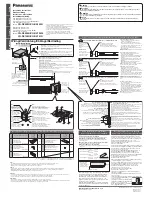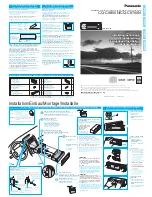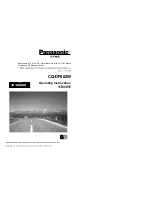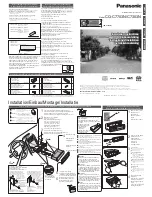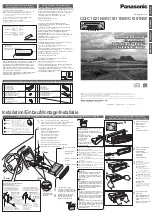
AF1
•
13
51. Install R3, 47K ohm [yellow-violet-orange].
52. Install R2, 750K ohm [violet-green-yellow].
53. Install R5, 100K ohm [brown-black-yellow].
54. Install R7, 49.9K ohm [yellow-white-white-red].
55. Install C14, .01 uF disc capacitor [marked .01 or 103 or 10nF].
56. Now we’ll install the two MF8 switched capacitance bandpass filter
IC’s. If you prefer to use an IC socket, you may install one if you wish.
Be aware, however, that our techies find more repair problems due to
sockets than due to chips burned out from overheating with a soldering
iron. Be extra careful not to “bridge” the printed circuit traces together.
Notice that one end of the chip is marked with a dot, notch, or band. Be
sure to orient this end as shown in the parts diagram.
57. Install R23, 1K ohm [brown-black-red]. It mounts
standing up.
57. Lastly, we have to wire the power “on” indicator
LED. LED’s are polarized, so be sure to orient the long
lead as shown in the diagram. The leads will slide
through the holes on the top of the switch contacts. Be
sure to leave enough lead length on the diode so it can
“poke through” the front panel.
CONGRATULATIONS
You have just completed your AF1 CW audio filter unit. Take a well
deserved break now. Give your eyes a rest. When you return, be sure to
check over your work on the
entire circuit board. Energizing the circuit board with solder “bridges” or
misplaced components can damage your kit. Five minutes well spent now
can save hours of troubleshooting time and dollars in expensive replacement
components.
SETUP AND OPERATIION OF THE AUDIO FILTER
We know that your itching to use your audio filter, so here are the testing
instructions to verify the operation of your filter.
Connect a suitable power supply (12-14 V AC or DC) to the power jack.
Connect an audio source (an audio function generator does nicely, but
you may use the actual rig you’re going to connect your filter to, provided
you are capable of receiving a 400 - 1000 Hz tone).
Long
Lead

















